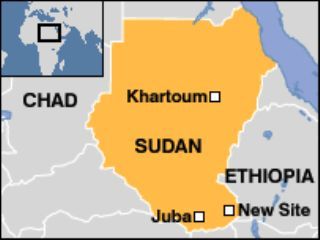August 22, 2023 (JUBA) – A total of 202,263 people were registered crossing from Sudan into South Sudan at the end of July, the United Nations Office for the Coordination of Humanitarian Affairs (UNOCHA) said.
Since the conflict started on April 15, people’s humanitarian needs in South Sudan continued to increase, driven by shocks triggered by the conflict, food insecurity, displacement, disease outbreaks, climate shock as well as economic decline.
Returnees, OCHA said, continue to arrive in areas of origin or relocation in South Sudan, many facing displacements, inter-communal conflict, hazards, exposure to diseases, high prices of essential goods, food insecurity, and a loss of livelihoods.
“Intensifying rain made physical access challenging for humanitarians to reach affected people with humanitarian assistance and move returnees to their final destinations as roads have become impassable,” it noted.
The humanitarian situation in South Sudan is worsening, driven by the cumulative and compounding effects of years of conflict, subnational violence, food insecurity, the climate crisis and public health challenges, aid agencies say.
About 9.4 million people in South Sudan, including 2.2 million women, 4.9 million children and 337,000 refugees are projected to need humanitarian assistance and protection services in 2023, according to the UN humanitarian agency.
With 40 attacks on aid workers so far this year, South Sudan has recorded the highest number of attacks against aid workers, 2023 Aid Worker Security Report.
The attacks, the report further highlights, left 22 aid workers dead and 36 injured.
(ST)




